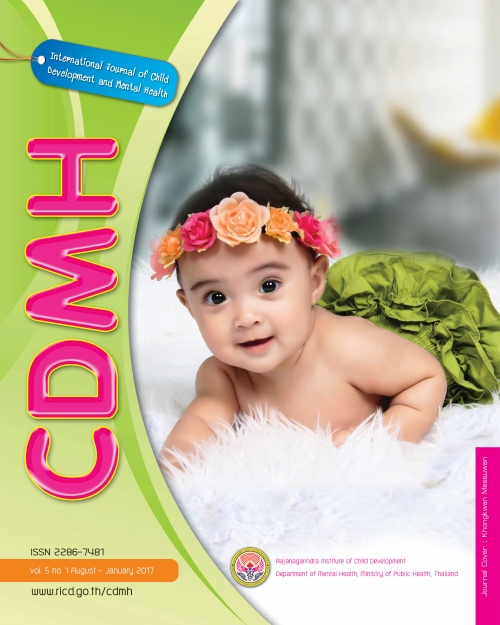Effectiveness of Yoga on Children with Psychiatric Problems
Main Article Content
Abstract
Parents’ perspectives play an important role in planning therapeutic treatment for children, as they are the ultimate decision makers. With this in mind, this study was undertaken to assess parents’ opinions about the effects of yoga on children with psychiatric problems. A mixed method research design was adopted to assess parents’ opinions about the effects of yoga on children with psychiatric problems. A researcher designed a questionnaire which was validated by experts. This questionnaire had two sections: firstly, the socio-demographic details of participants, and secondly, the parent’s opinion regarding the effects of yoga. Parents of children with psychiatric problems, admitted to an inpatient department, were selected using the total enumeration method. Onetime assessment was done by conducting a semi structured interview. Data was collected from parents, after the child had practiced yoga for 7 days, through a semi structured interview. The data was analyzed using descriptive statistics for the basic socio-demographic data, whereas the qualitative data obtained was coded, categorised and then findings were interpreted. This study found, according to parents, that yoga has a significant beneficial impact on child psychiatric problems and should be used in treatment. In conclusion, the study demonstrates that, according to parents, yoga contributed to several issues of children with psychiatric problems, such as, regularity of daily routine, increased self-organization, reduction in various problem behaviours, etc. Hence it should be used in regular treatment of children with psychiatric problems.
Article Details
The authors retain copyright and permit the journal the copyright of first publication
Articles, once having passed the review process and accepted for publication in the CDMH Journal, are copyrighted under the CDMH Journal, Department of Mental Health, Ministry of Public Health. Please be aware distribution of CDMH Journal content for commercial purposes without permission is expressly prohibited. However, distribution with intent to educate, advocate, or spread awareness within the general public and research communities is permitted and encouraged with the understanding that the CDMH Journal Editorial Board do not hold jurisdiction or liability for any accompanying comments, text, or information from third parties, either in favor for or against the original article’s assertions, conclusions, methodology, or content.


